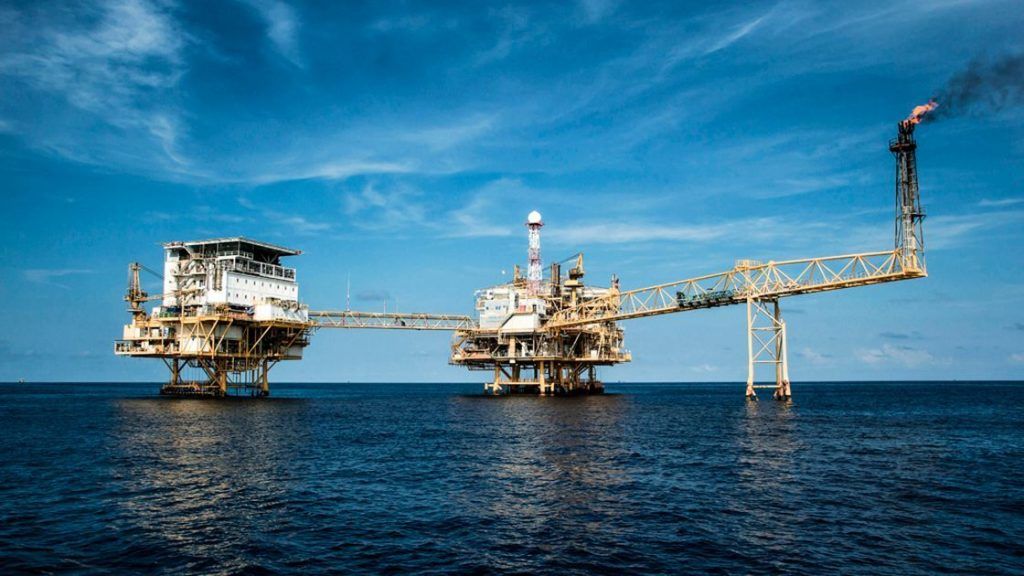Hydrocarbon production at Petróleos Mexicanos (Pemex) during the fourth quarter of 2023 averaged 2 million 613,000 barrels of crude oil equivalent per day (MMboed), a 1.9% year-over-year growth.
This implies an increase of 49,000 barrels of crude oil equivalent per day (Mboed) with respect to the same quarter of 2022.
In particular, in the fourth quarter of 2023, liquids production with Pemex partners was 1.856 Mbd, a year-on-year increase of 3%, mainly due to the incorporation of wells from the new fields strategy.
Hydrocarbon production
On the other hand, total natural gas production (including partners’ production) decreased 0.8% to 3.954 MMcfd.
Pemex operates through two main divisions: Pemex Exploration and Production and Pemex Industrial Transformation.
Pemex Transformación Industrial controls the domestic gas, refining and petrochemical businesses and its subsidiaries (Drilling, Logistics, Fertilizers, Ethylene and Cogeneration and Services).
How is Petróleos Mexicanos regulated? By the Mexican Constitution, the Petroleos Mexicanos Law and the Hydrocarbons Law, among other regulations.
The purpose of the Law of Petróleos Mexicanos is to regulate the organization, management, operation, monitoring, evaluation and accountability of Petróleos Mexicanos as a state-owned productive enterprise of the Mexican government.
On October 31, 2014, the Regulation of the Law of Petróleos Mexicanos was published in the Official Gazette of the Federation.
These regulations were amended on February 9, 2015.
Among other things, these regulations are intended to regulate the appointment and removal of the members of the Board of Directors of Petróleos Mexicanos, potential conflicts of interest of the members of the Board and the evaluation of Petróleos Mexicanos.
Bids
The National Hydrocarbons Commission has the authority to award and execute exploration and production contracts in connection with competitive bidding rounds.
The CRE has the authority to grant permits for the storage, transportation and distribution of oil, gas, oil derivatives and petrochemicals in Mexico, and to regulate the first-hand sale of these products.
The regulatory powers of the National Hydrocarbons Commission and the Energy Regulatory Commission extend to all oil and gas companies operating in Mexico, including us and our subsidiary entities.
In June 2023, the Mexican government declared that there would be no subsequent oil rounds for new areas.

